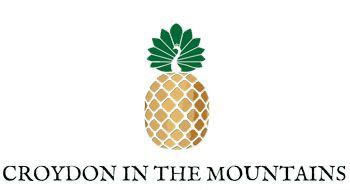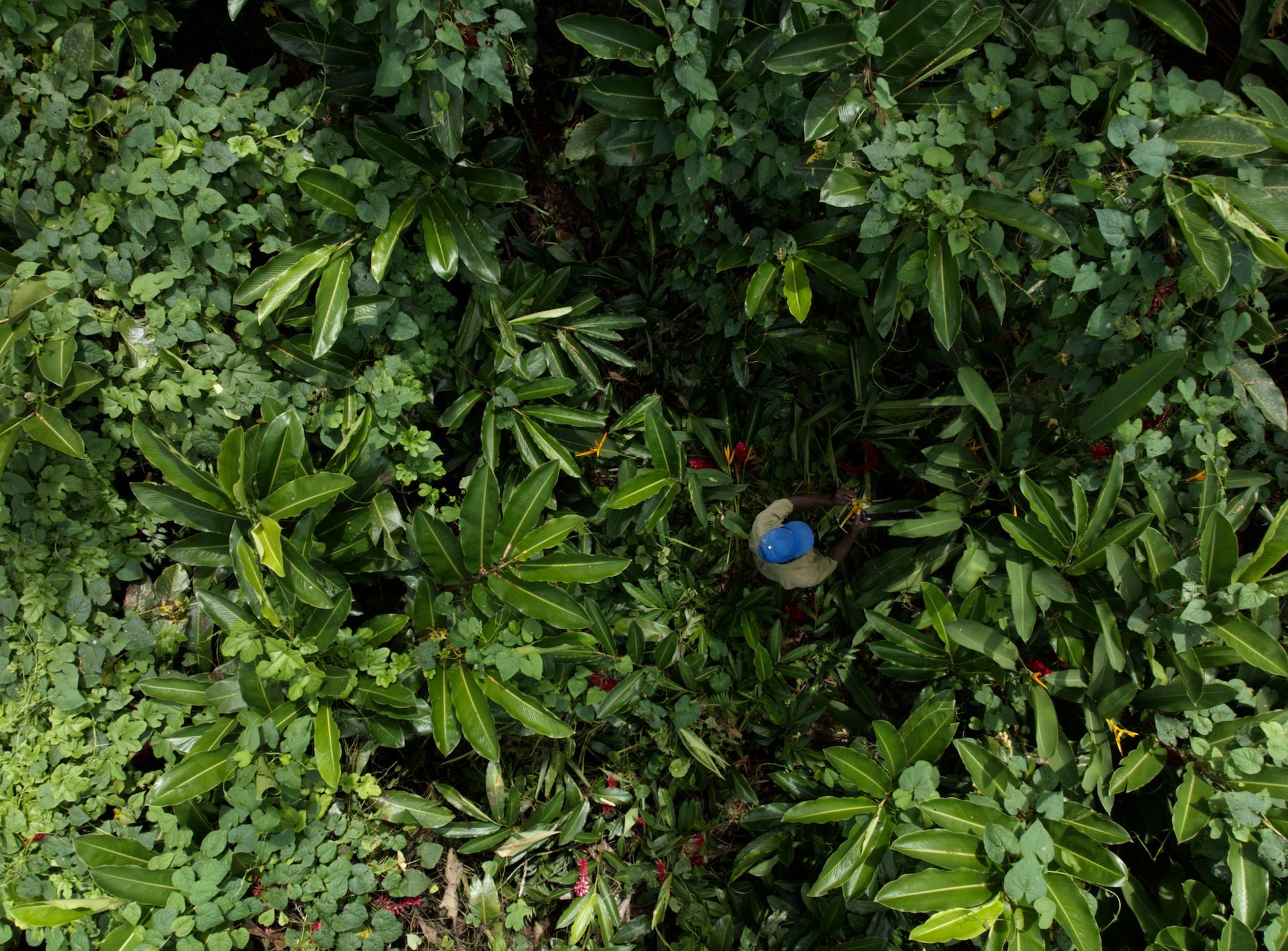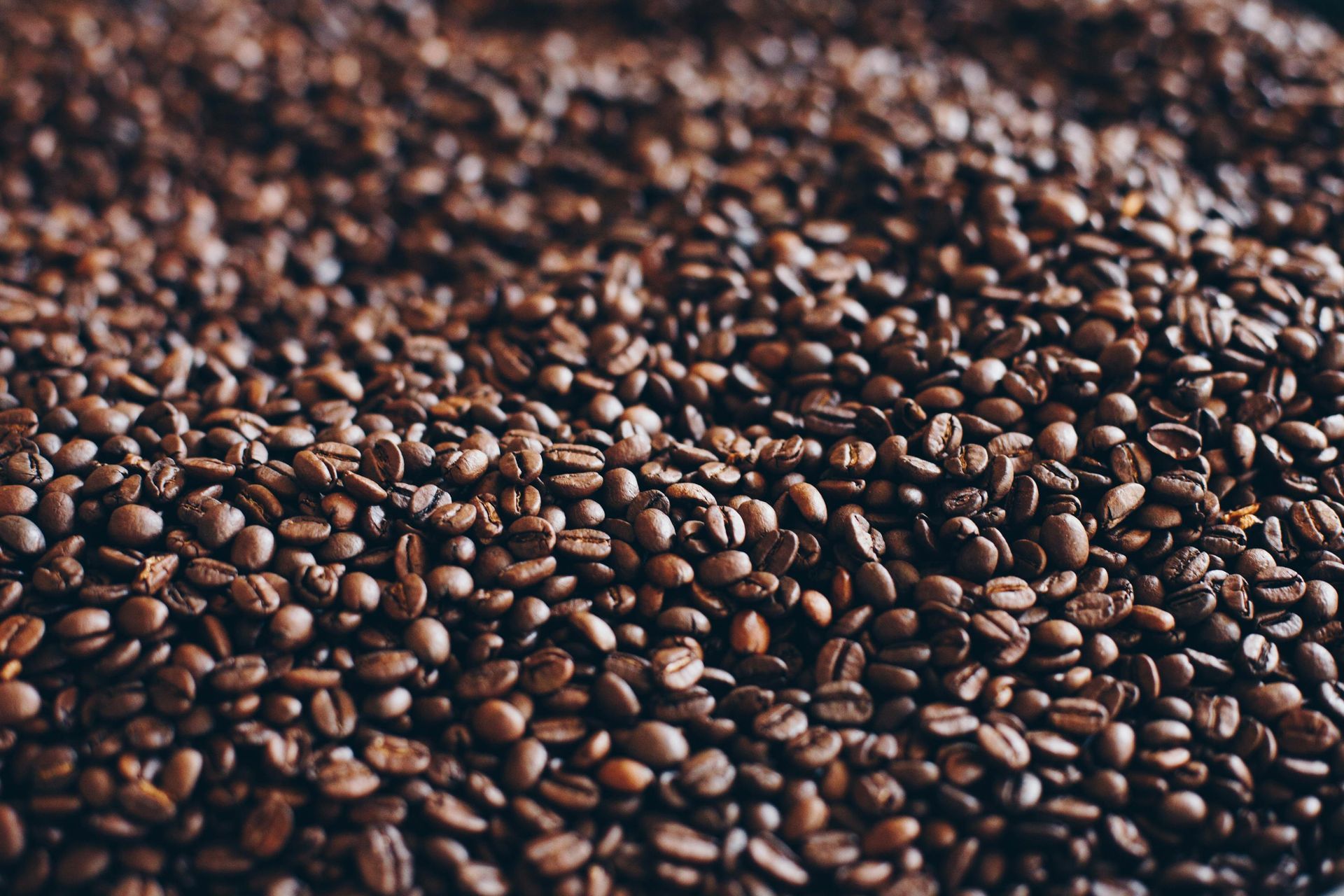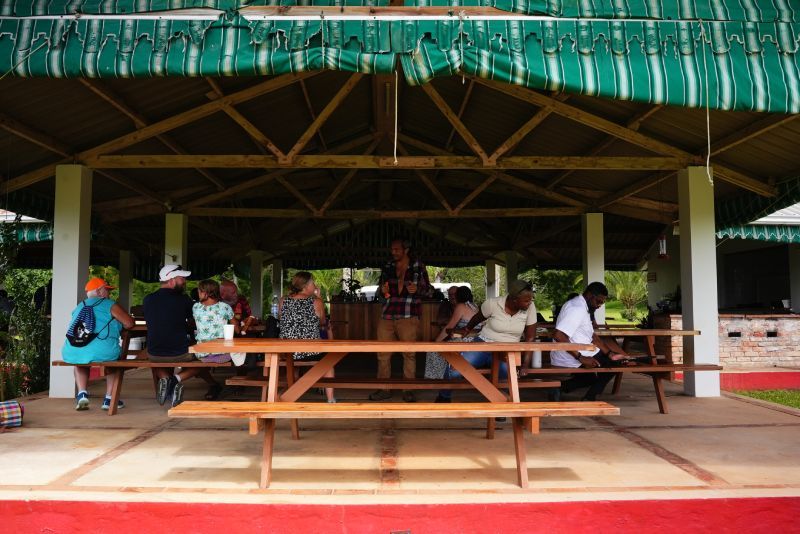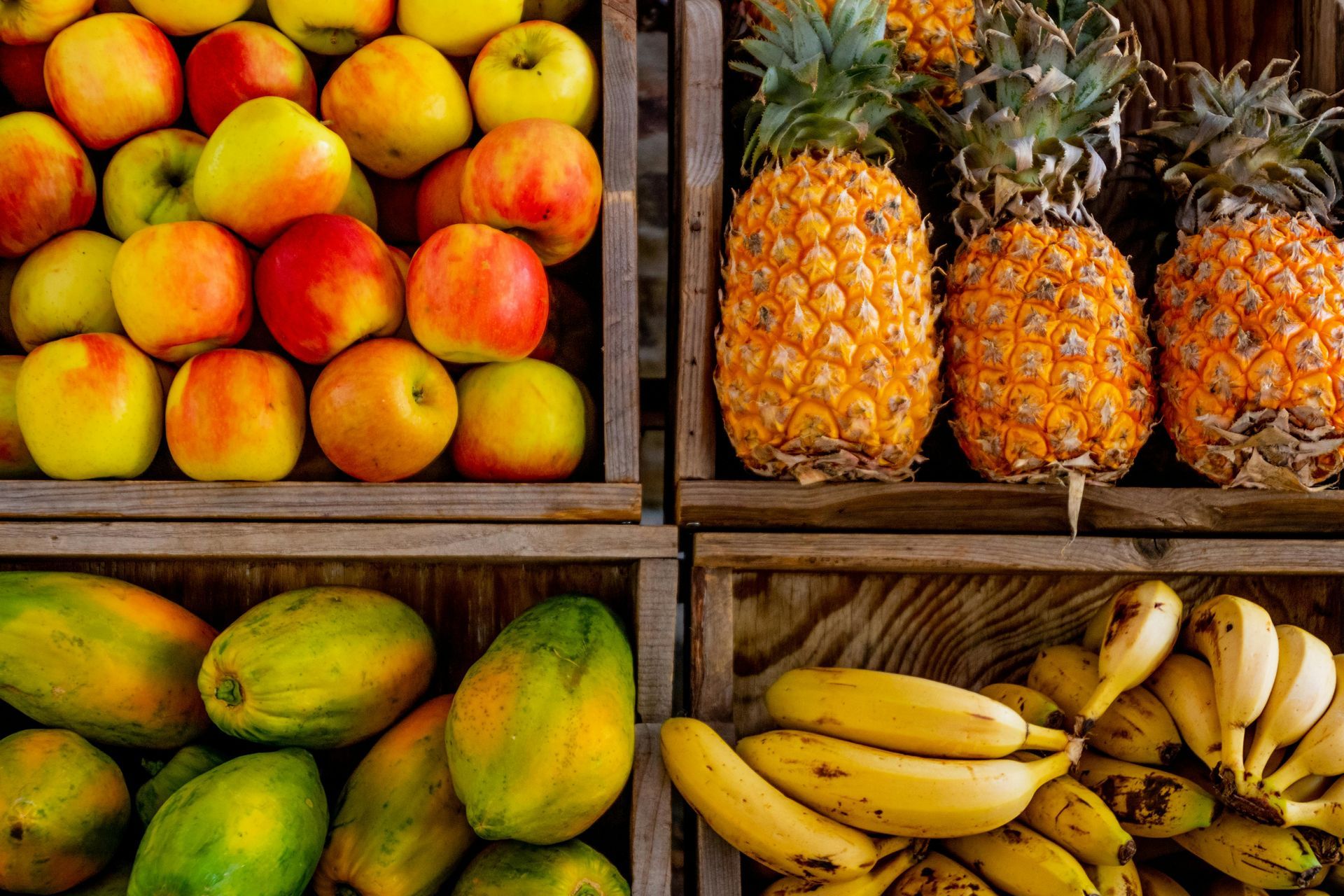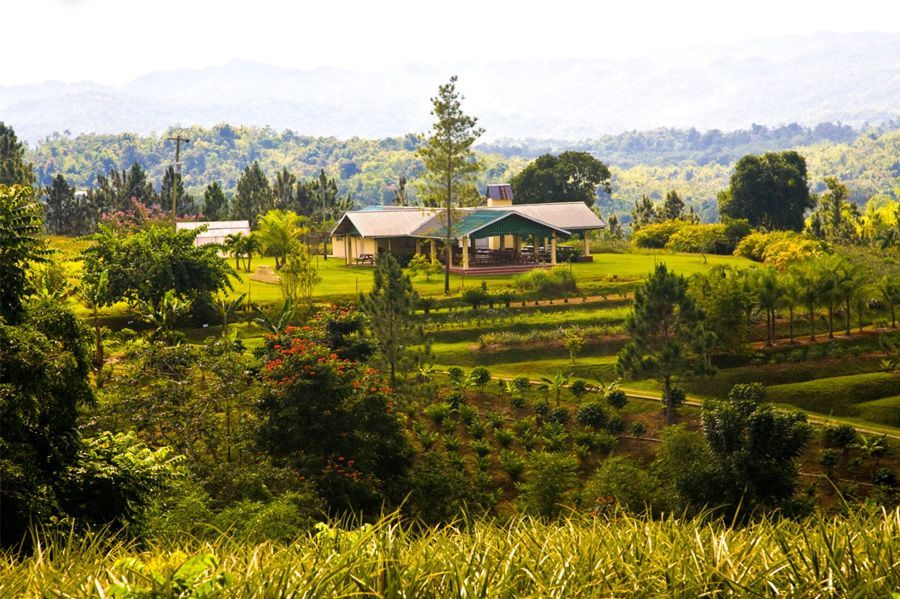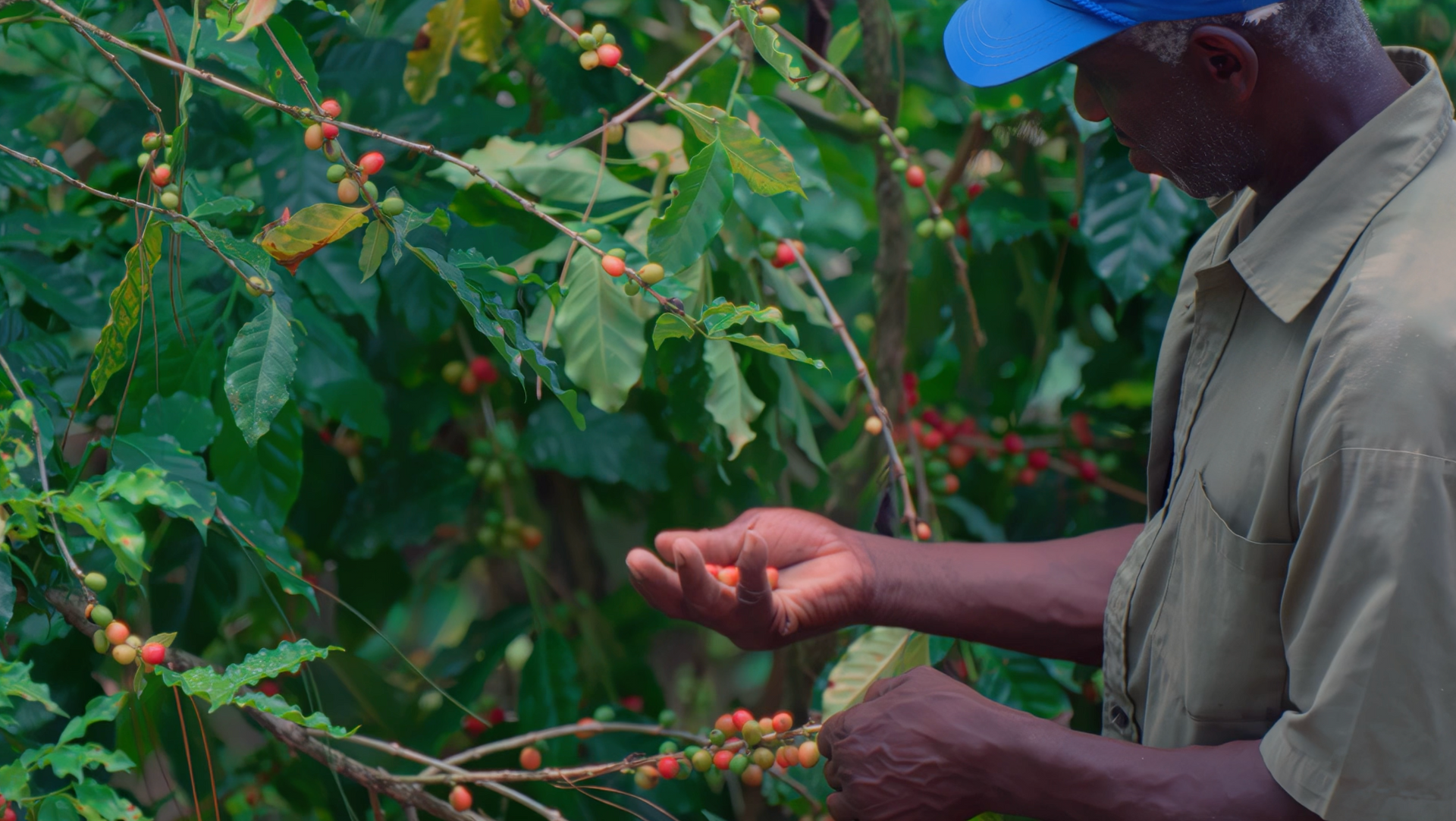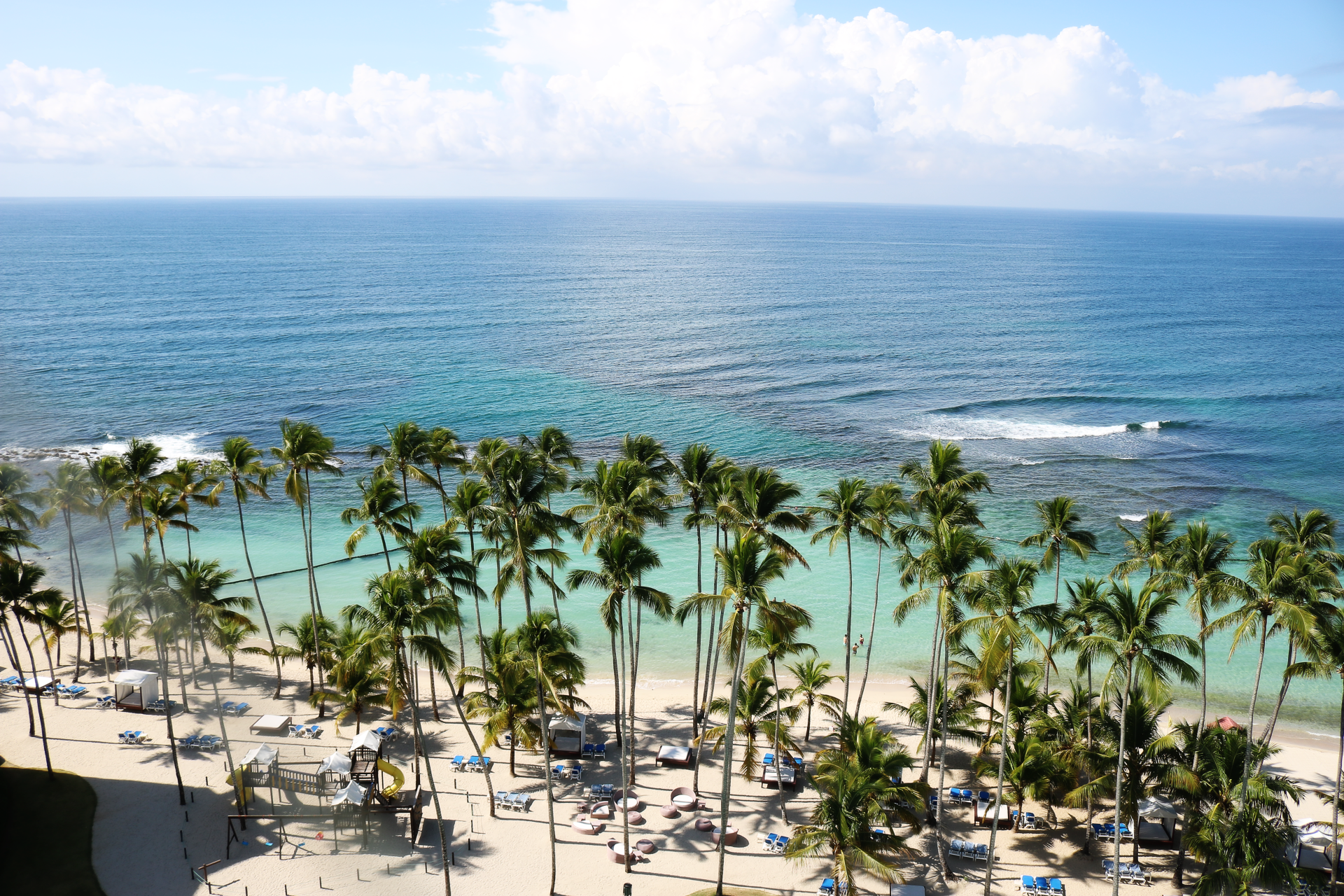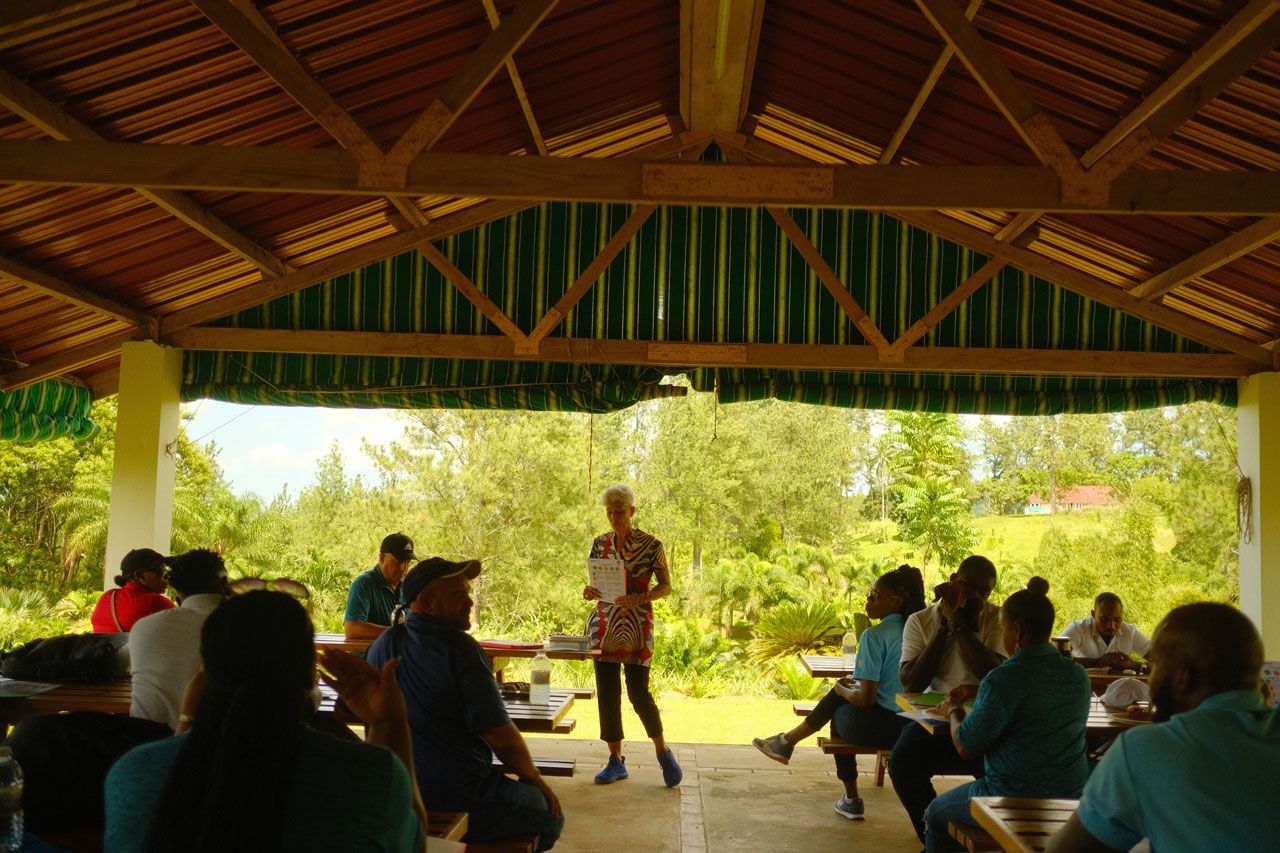Healing Jamaica: Exploring the Island's Rich Tradition of Plant Medicine
Jamaica is widely known for its beautiful beaches, vibrant culture, and reggae music, but beneath the surface lies a lesser-known yet powerful legacy: the island’s rich tradition of plant medicine.
For centuries, Jamaicans have turned to the island's natural resources, relying on indigenous plants and herbs for healing and wellness. This deep-rooted practice, known as bush medicine, continues to thrive today, blending ancient wisdom with modern understanding.
In this blog post, we will explore the history of Jamaica's plant medicine, some of the most commonly used healing herbs, and the way these remedies continue to shape health and wellness across the island.
A Legacy of Healing: The History of Plant Medicine in Jamaica
Jamaica's tradition of plant medicine is a result of the island's diverse cultural influences. The Indigenous Taino people, who originally inhabited Jamaica, relied on the natural environment for their medicinal practices. When enslaved Africans were brought to the island during the transatlantic slave trade, they brought with them their own herbal knowledge, which blended with Taino practices.
Over time, European colonizers and indentured laborers from India and China also contributed to Jamaica's medicinal practices, making the island a melting pot of healing traditions.
The unique geography of Jamaica, with its lush forests, mountainous terrain, and diverse climate, created the perfect environment for a wide variety of medicinal plants to flourish. The result is a natural pharmacy where traditional healers, or "bush doctors," rely on the island's flora to treat everything from common colds to more serious issues.
Key Plants and Herbs in Jamaican Bush Medicine
Many of the plants and herbs used in Jamaican bush medicine are familiar to herbalists and natural healers worldwide. However, some of these remedies are unique to Jamaica and are deeply woven into the island’s culture.
Here are a few of the most widely used plants in Jamaica's traditional healing practices:
- Cerasee (Momordica charantia)
Known for its bitter taste, cerasee is a popular herbal remedy in Jamaica, often consumed as a tea. It is believed to purify the blood, support digestion, and help with skin conditions like eczema and rashes. Cerasee is also used to alleviate menstrual cramps and regulate blood sugar levels. - Guinea Hen Weed (Petiveria alliacea)
Celebrated for its broad range of medicinal properties, guinea hen weed is used to treat inflammation, infections, and even cancer. Its roots and leaves are boiled to create teas or used in poultices for topical application. The plant is also believed to have immune-boosting properties and is used as a general tonic for overall well-being. - Fever Grass (Cymbopogon citratus)
Fever grass, also known as lemongrass, is a versatile herb with a calming citrus scent. It is commonly used to make tea to reduce fevers, ease anxiety, and promote restful sleep. Fever grass is also known for its antimicrobial properties, making it effective in treating colds, sore throats, and other respiratory issues. - Soursop (Annona muricata)
Soursop leaves are often boiled into a tea to promote relaxation, alleviate pain, and reduce high blood pressure. In Jamaica, soursop is also believed to have anti-cancer properties, and some use it as part of a holistic approach to cancer treatment. The fruit itself is rich in vitamins and antioxidants, making it a popular choice for boosting the immune system. - Neem (Azadirachta indica)
Neem, also known as "the village pharmacy" in parts of the world, is revered in Jamaican bush medicine for its anti-inflammatory, antibacterial, and antifungal properties. It’s often used to treat skin conditions, detoxify the body, and boost oral health. Neem leaves are either brewed into tea or used in topical applications.
The Role of the Bush Doctor
Bush doctors, or traditional herbal healers, have been central to the practice of bush medicine in Jamaica. These individuals possess extensive knowledge of the island’s flora and the healing properties of its plants. Their expertise is passed down through generations, often orally, preserving the wisdom of their ancestors.
Bush doctors are not only healers but also community figures. They approach healing holistically, taking into account the mental, physical, and spiritual well-being of the individual. Many Jamaicans still consult bush doctors for ailments, often blending their advice with modern medicine for a comprehensive approach to health.
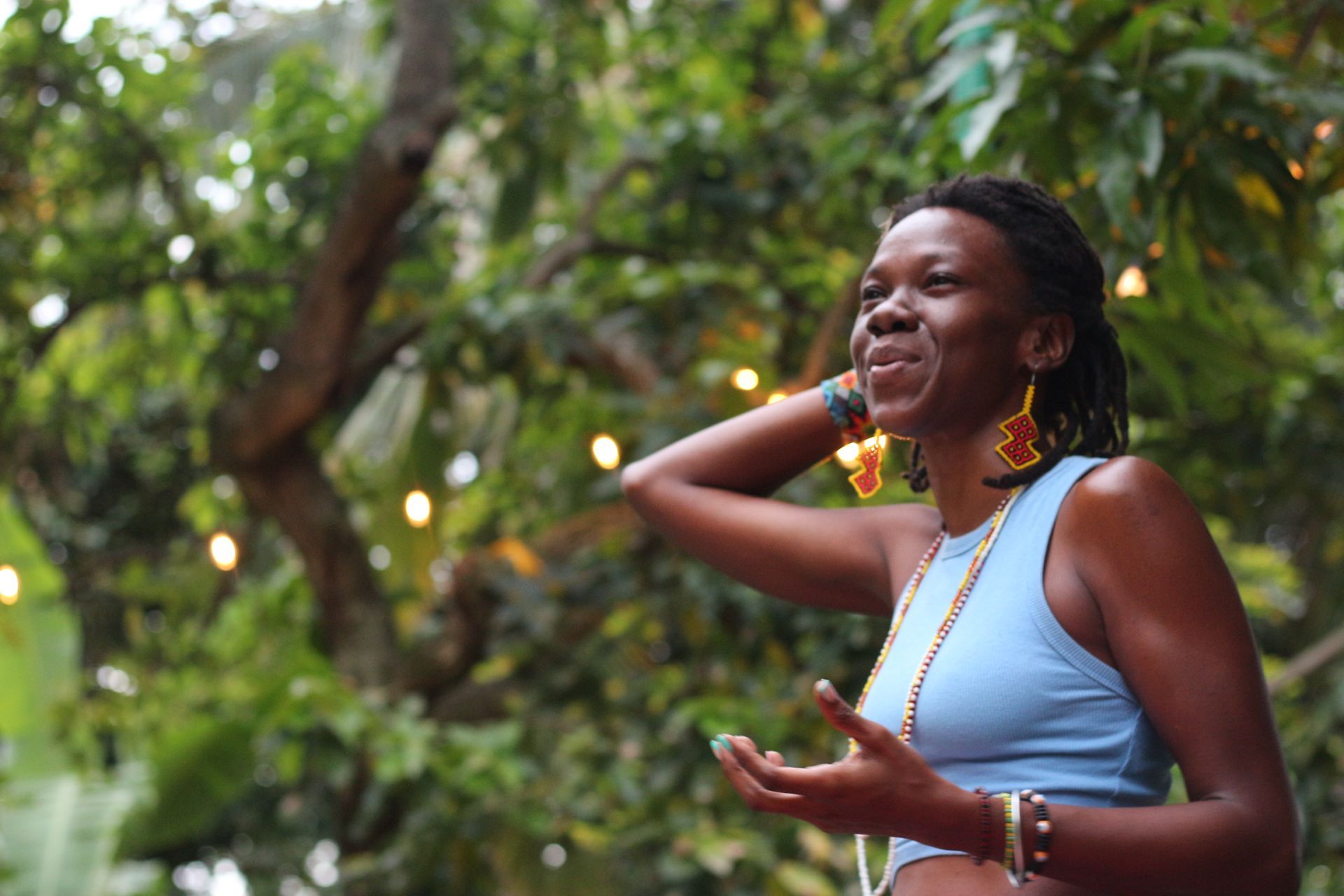
The Intersection of Tradition and Modern Medicine
Today, there is a growing recognition of the benefits of traditional plant medicine, both within Jamaica and globally. As people become more interested in natural healing methods, Jamaica’s bush medicine is gaining attention for its potential to complement modern medical treatments.
Herbal teas, tinctures, and supplements derived from traditional Jamaican plants are now exported worldwide, and scientific research is beginning to validate many of the claims that have been passed down through generations. However, it’s important to note that while many of these plants have beneficial properties, they should be used with caution and under the guidance of knowledgeable practitioners, especially when used in conjunction with pharmaceutical medications.
Embracing Jamaica's Healing Heritage
Jamaica's rich tradition of plant medicine is more than just a form of healing; it’s a testament to the resilience and resourcefulness of the island’s people. From the ancient wisdom of the Taino and enslaved Africans to the knowledge passed down by bush doctors, these practices have not only survived but thrived in the face of adversity.
Whether you’re a visitor to Jamaica or a local, exploring the island’s plant medicine offers a deeper connection to its culture and environment. As the world continues to embrace natural wellness, Jamaica's healing heritage serves as a reminder that nature often provides the remedies we need—if we’re willing to listen and learn.
Connect with Nature’s Healing Power
At Croydon Estate, you can still walk among the vibrant orchards and gardens that nurture Jamaica’s healing traditions. Our
Exotic Fruits & Flowers Tour showcases the fruits and flora that have long been part of bush medicine, while our
Coffee Roasting & Tasting Tour and
Biking the Orchard Trails Tour offer immersive ways to engage with the land. Come discover where culture, wellness, and nature meet.
